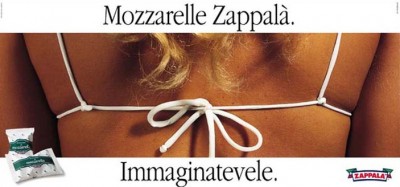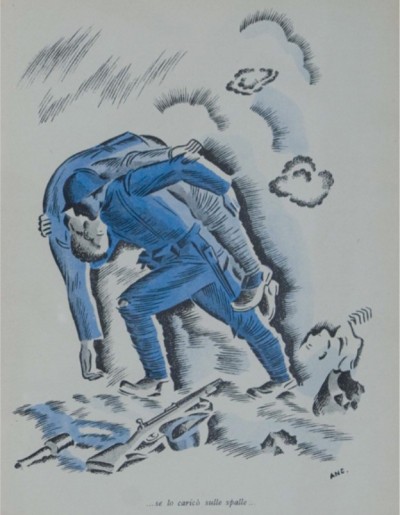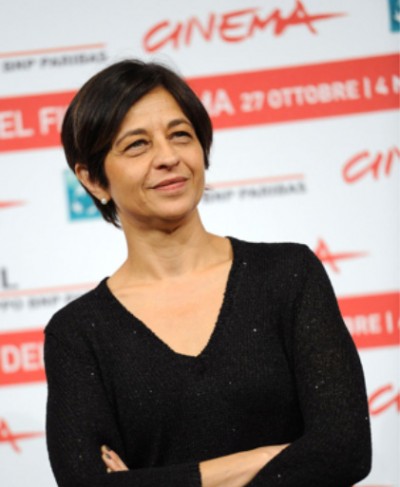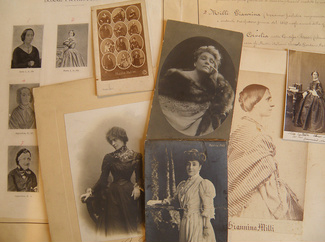Voracious Dolls and Competent Chefs
Voracious Dolls and Competent Chefs: Negotiating Femininities and Masculinities in Italian Food Advertisements of the 1990s-2010s
by Francesca Calamita
Food advertisements on Italian television and other media are populated by glamorous angels of the house, who look after their families by nourishing them with healthy food, or voracious dolls, whose appetite recalls sexual hunger. Similarly, men are depicted as breadwinners, thus reinforcing their stereotypical role in the collective imaginary,








